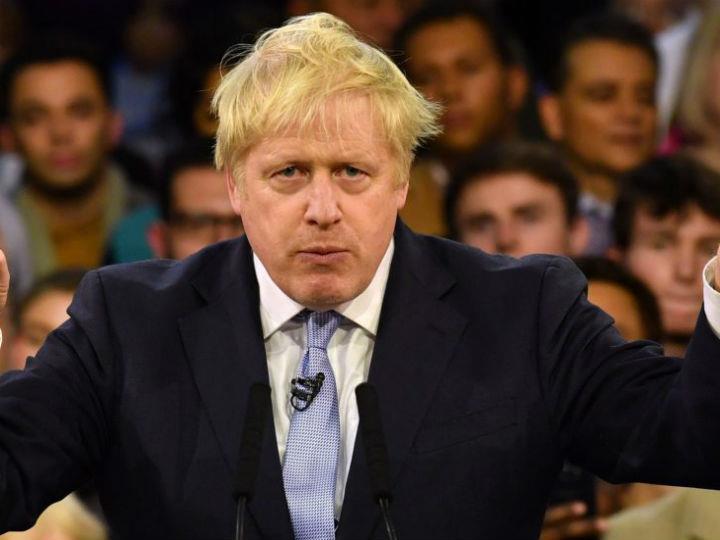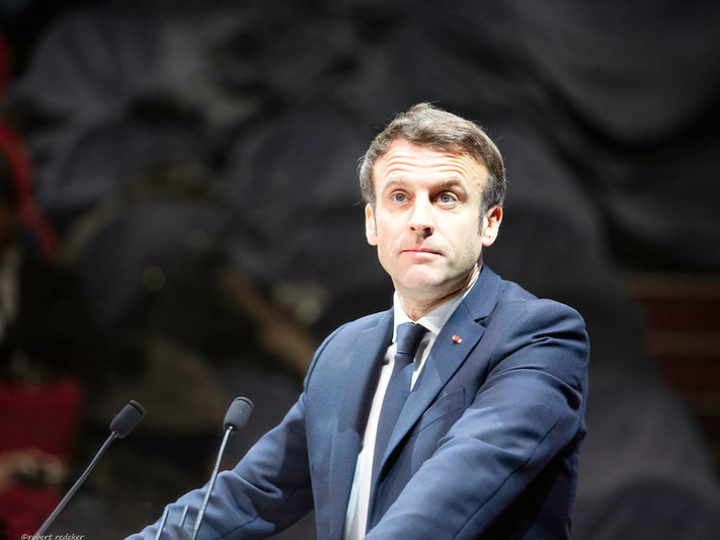by N. Peter Kramer
‘A damning repudiation of those who have trying to Stop Brexit’ wrote the Daily Mail. Celebrating the biggest Conservative majority (80 seats!) after more than 30 years, Boris Johnson said: ‘people of this country have given us a huge and stonking mandate’. He laid waste to Labour’s heartland and promised to govern as a ‘One Nation’ prime minister, bringing a divided country together. ‘Let the healing begin’, he declared.
Mr. Johnson’s victory prompted a euphoric market response amid relief that a solid Conservative majority would bring stability back to a country wracked by internal division and uncertainty since the 2016 EU referendum. The pound had its biggest single day rise against the euro since 2016, while stocks across the board soared. In total more than 6bn pound was added to the value of eight of the stocks viewed by analysts as the most likely nationalisation targets of the Labour party. Shares in housebuilders also rose. Expected is that seized up investment will start to be unlocked.
It was also a huge personal triumph for Boris Johnson. He succeeded where Mrs May failed because he exuded optimism on Brexit where her approach had been to make the best of a bad job. Mr. Johnson had shown his credentials as a winner be being elected (and re-elected four years later) mayor of Labour London. This time he proved his reach by demolishing Labour’s red wall.
In Brussels the EU mandarins are now confronted with Boris Johnson, a very different British prime minister to Teresa May. The new man is, if necessary, not afraid of a hard Brexit, something that could be disastrous for many of the member states. EU chief negotiator Barnier looks at things from a statistical perspective and likes to talk about a 0,4 % loss for the EU. Not mentioning facts as the hundreds of thousands unemployed in for instance Belgium, The Netherlands, France and Germany; or a serious decline of GDP. It is unbelievable that the heads of state of threatened countries are continuing to leave the next phase of Brexit negotiations to a man who has never proven himself to be a high-level negotiator.
But the arrogance goes on. Brussels, after some glum congratulations, told Mr. Johnson that they expect that Britain will accept a ‘level playing field’ on regulations, which would mean the UK adopting many of the same rules as the EU even after Brexit. The reaction was that Britain will seek to maintain the ability to set its own rules in key areas even if that means some tariffs are imposed.






